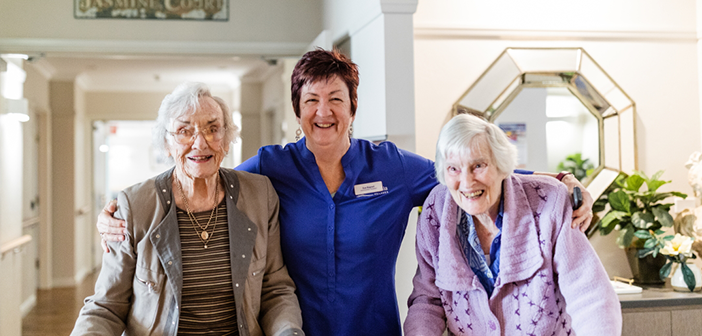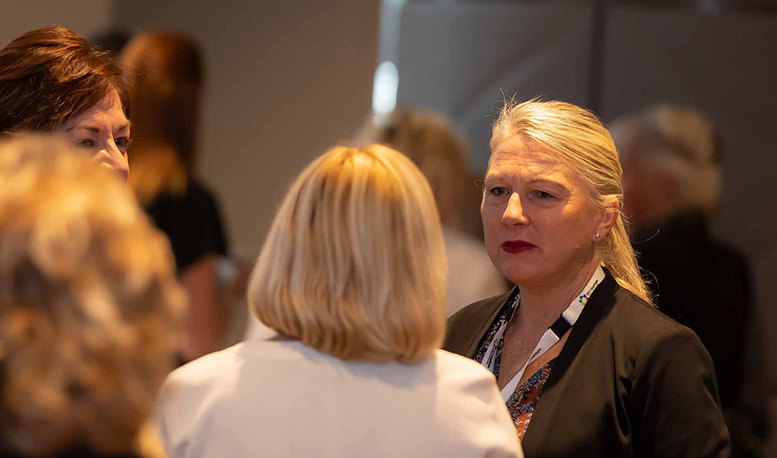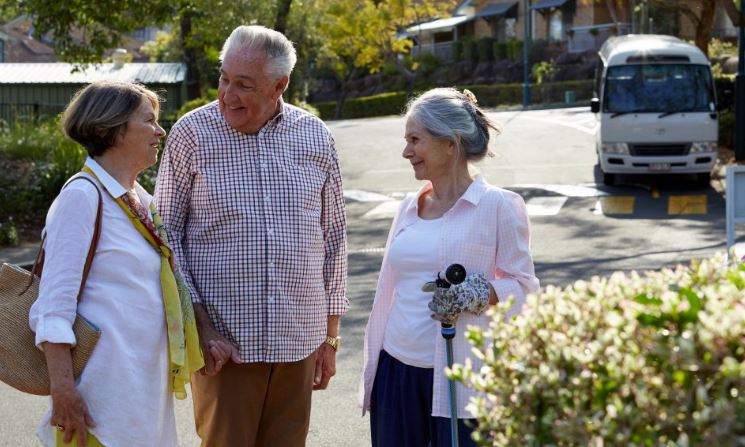As village professionals we’re privileged to actively participate in the daily lives of our residents.
Building these relationships is one of the best parts of the job.
But, it’s important to remember that we are in a trusted position with our residents. In the end of the day our role in their lives is a professional one.
There must be clear professional and personal boundaries with our residents, and these need to be recognised by all staff members.
Given the nature of our work and the fact that we get to know our residents over many years, it can be challenging to manage relationships in the ‘right’ way.
So, we’ve provided a few tips as a best-practice guideline for your village.
Friendly, but not familiar
A good technique to help staff understand these relationship boundaries is defining exactly what ‘A Right Relationship’ is in your village.
Keep it simple, as a statement about behaviour that can be reinforced in meetings and training.
Here’s an example you might use:
‘We will be friendly and fair, professional and personable, always maintaining respect for everyone in our community.’
A few things you should consider:
- Be clear with residents about our role and its limits
- Avoid disclosing personal information
- Understand our professional obligations and comply with relevant legislation
- Maintain privacy, confidentiality and abide by the resident’s rules
Acknowledge each resident as an individual
It’s no secret that some residents are easier to like than others.
But we can’t let this influence our behaviour.
We must demonstrate that we treat all residents equally, and acknowledge each resident as an individual.
And residents have responsibilities too
Like anything in life, these relationships are a two-way street!
Our residents should be willing to treat staff and their fellow residents with respect. If they’re not, it’s our role to make sure these expectations and responsibilities are clear.
The key thing is to have a plan in place.
The DCM Institute covers this topic in greater detail in our Professional Development Program.
You can find out more here.




